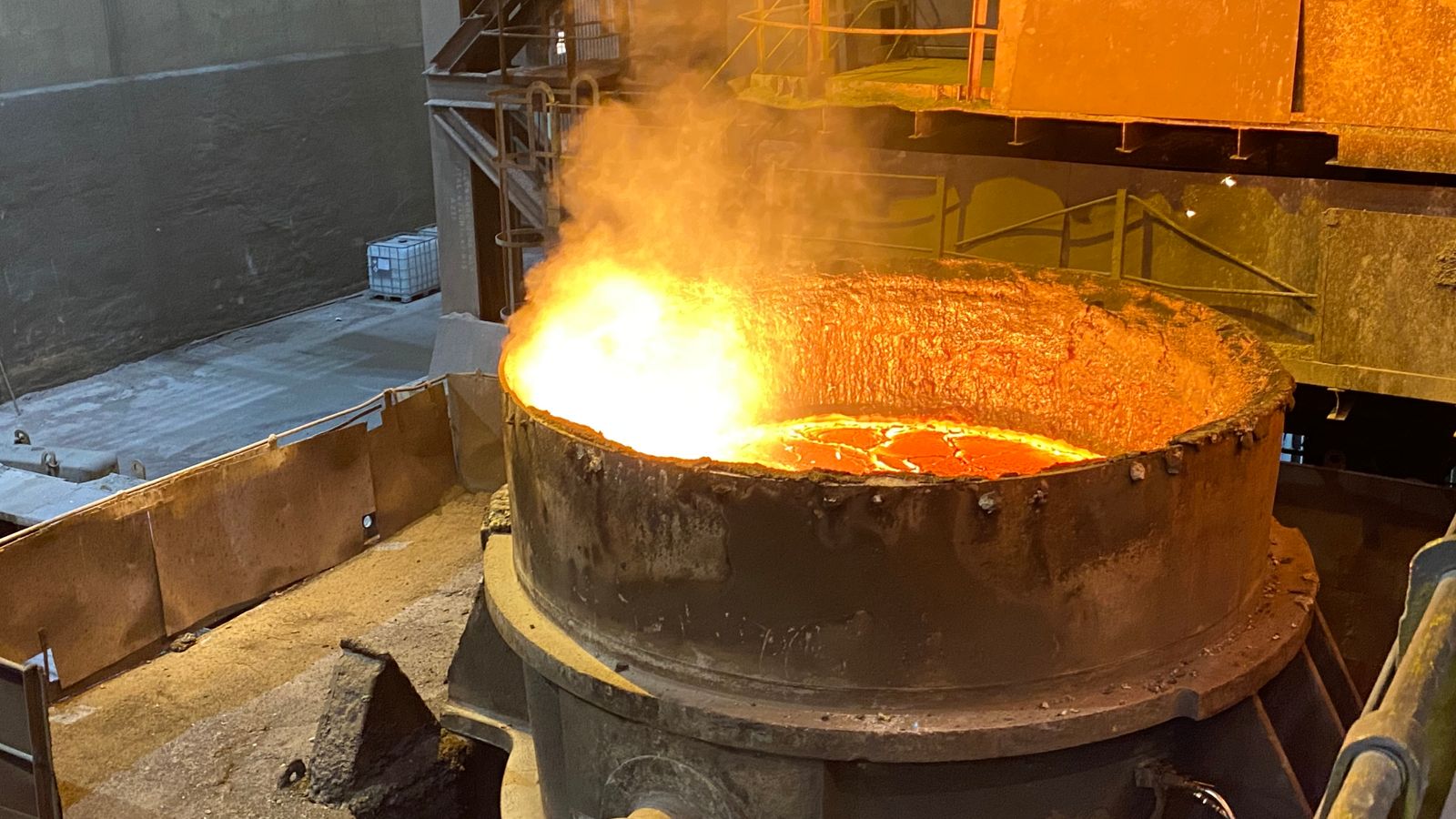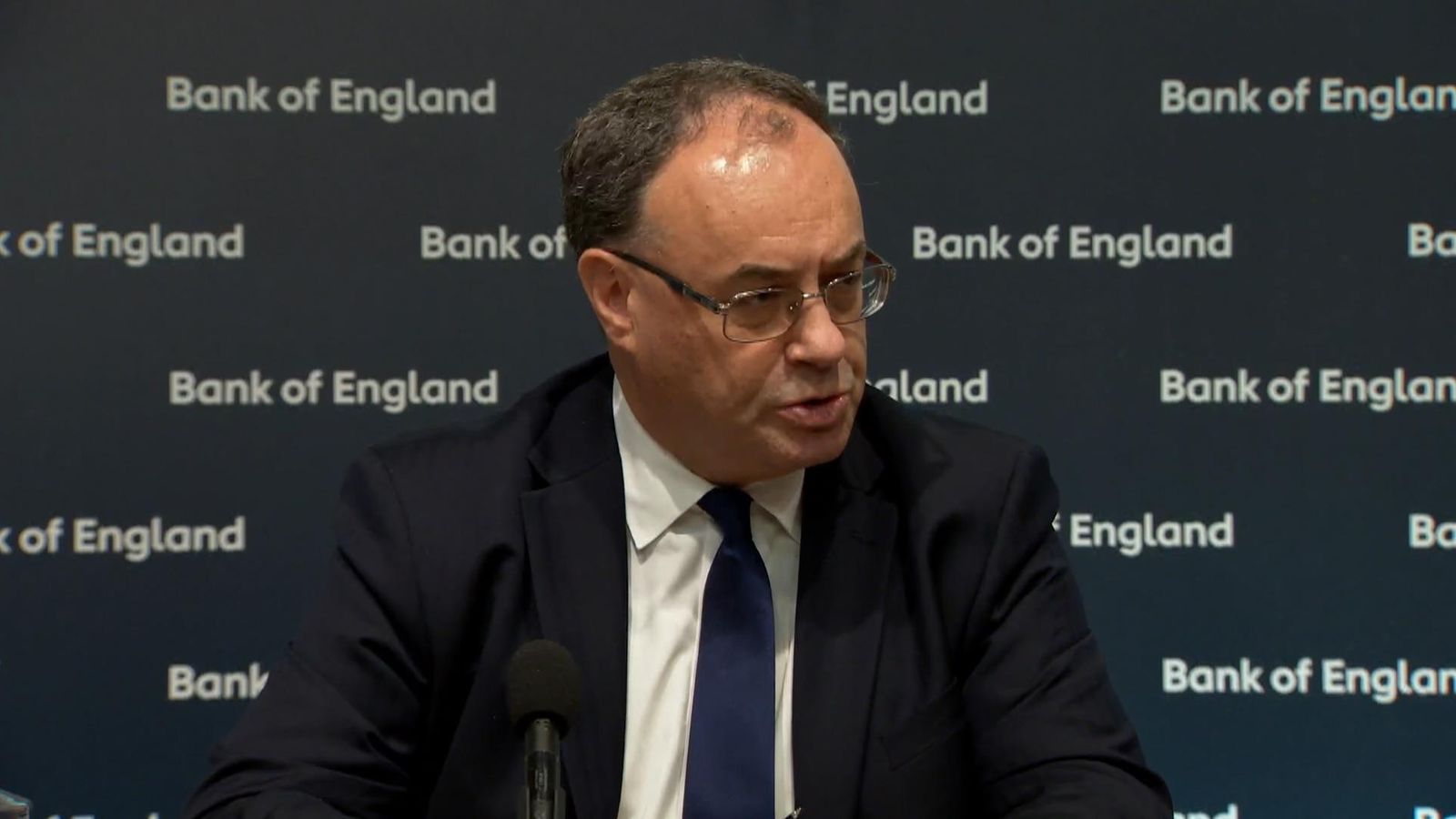The interest rate in the 20 Eurozone countries has been hiked to a more than 20-year high.
The European Central Bank has increased its benchmark rate to 3.5%, up 0.25 percentage points, making borrowing more expensive.
In new forecasts released by the regulator it said it will be two more years before inflation is brought down to its 2% target.
Latest figures show inflation was 6.1% in the countries using the euro and will only fall to 5.4% this year.
The economic area was in recession over winter. Last week, revised data from the European statistics office, Eurostat, showed the eurozone economy contracted 0.1% in the first three months of this year and the final three months of 2022.
At the same time as the economy was stagnating, wages were rising. Pay per employee increased 5.2% in the first three months of the year and 4.8% in the final three months of 2022, ECB data showed.
The ECB is just one of the central banks across the world increasing rates to depress economic activity and bring down soaring inflation.
Inflation began to increase as COVID-era supply chain problems pushed prices up and Russia’s invasion of Ukraine caused energy prices to reach record highs.






